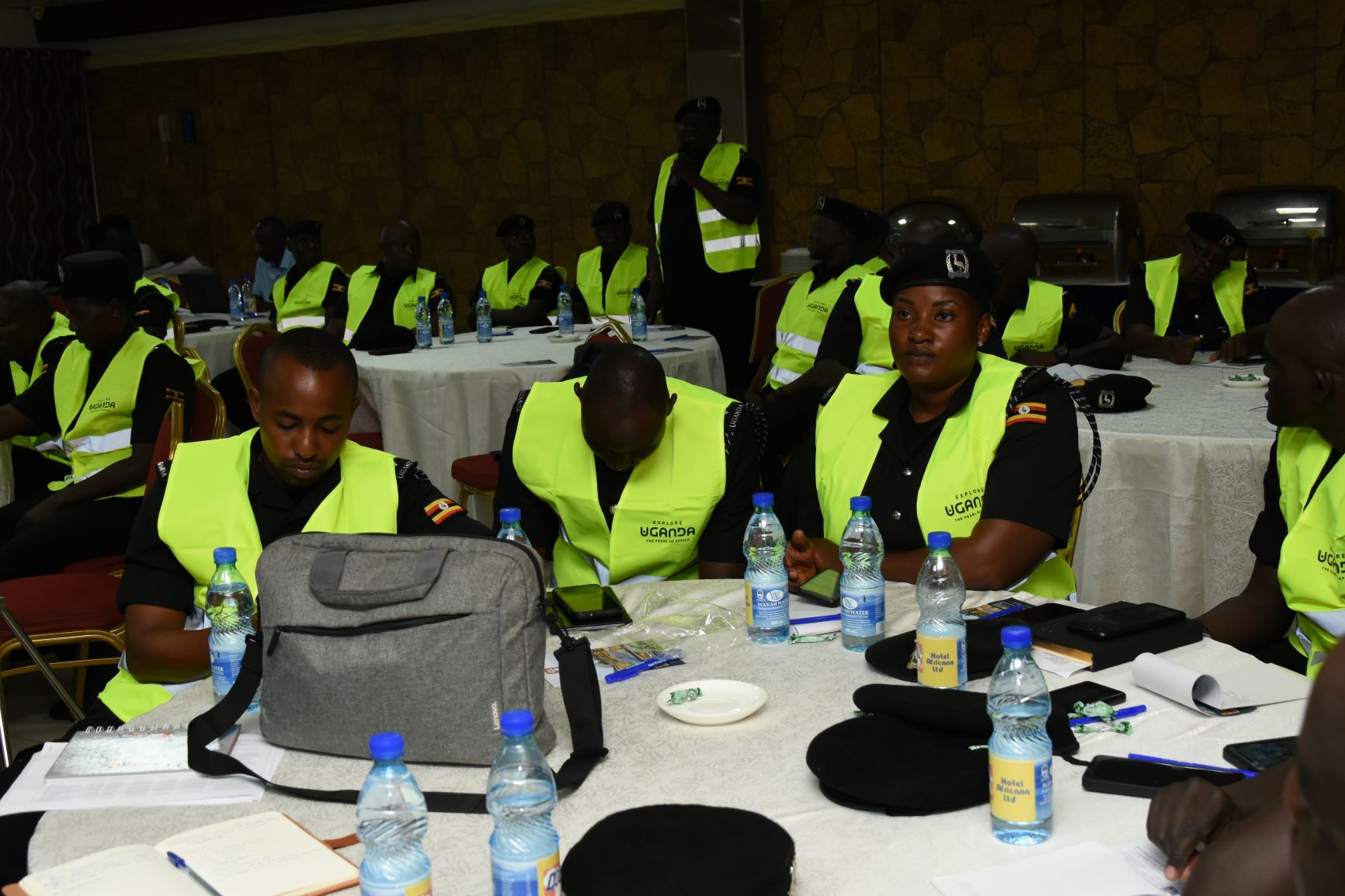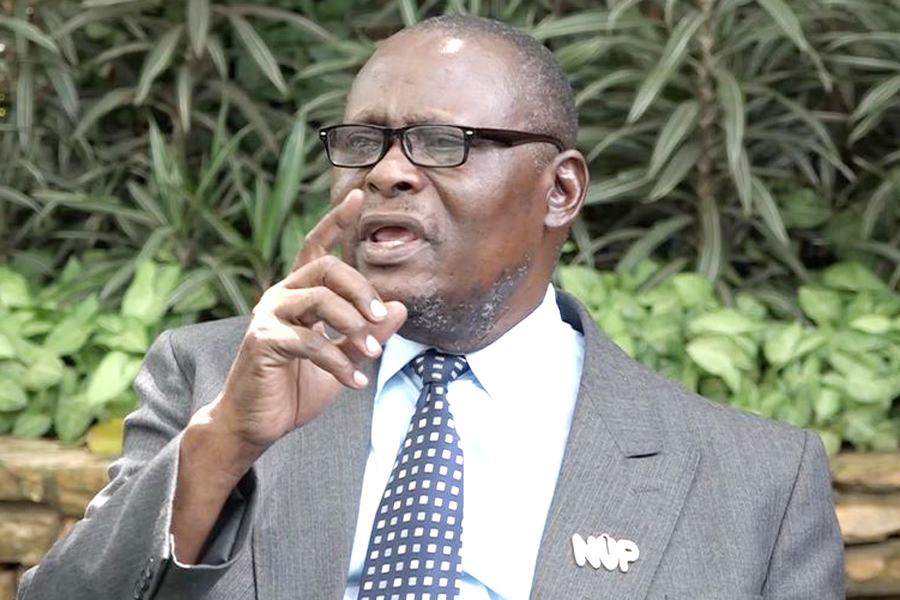Unveiling the State of Mental Health Services in Uganda
Even with its seemingly vibrant lifestyles, personalities and a rich tapestry of cultures and landscapes, many in Uganda are still silently struggling with mental health challenges.
In recent years, Uganda has witnessed positive strides in mental health services. The government, in collaboration with non-governmental organizations and international partners, has established mental health facilities across the country.
Keep Reading
Key institutions, such as Butabika National Referral Hospital in Kampala, have played a pivotal role in providing psychiatric services.
Despite these efforts, accessibility remains a significant hurdle. Mental health services are often concentrated in urban areas, leaving rural communities underserved. Limited transportation infrastructure and awareness contribute to the challenges individuals face in reaching these facilities.
Challenges Faced by Individuals Seeking Mental Health Support
The stigma surrounding mental health issues persists in Uganda, discouraging individuals from seeking help. Cultural beliefs and misconceptions about mental health often result in discrimination and isolation, exacerbating the suffering of those in need.
Moreover, the shortage of mental health professionals is a critical challenge. The World Health Organization (WHO) estimates that Uganda has only one psychiatrist for every two million people, significantly below the recommended ratio. This scarcity makes it challenging to provide timely and adequate care to those struggling with mental health issues.
Initiatives Paving the Way for Change
In response to these challenges, various initiatives have emerged to improve mental health services in Uganda. One notable effort is the integration of mental health into primary healthcare services. This approach aims to destigmatize mental health and make services more accessible at the community level.
NGOs like the Mental Health Uganda organization have been actively involved in advocacy, awareness campaigns, and community outreach programs. These initiatives seek to dispel myths, reduce stigma, and promote a more inclusive understanding of mental health.
Statistics: Painting the Picture
To grasp the scope of mental health challenges in Uganda, it's crucial to consider statistics. According to a study by the Uganda National Health Consumers' Organization (UNHCO), approximately 9% of the population is affected by a mental health disorder. However, the actual prevalence might be higher due to underreporting and stigma-associated silence.
Conclusion: Navigating Towards a Mental Health-Inclusive Uganda
While challenges persist, there is hope on the horizon. Increasing awareness, community engagement, and collaborative efforts between the government, NGOs, and international organizations are gradually transforming the mental health landscape in Uganda. By addressing stigma, improving accessibility, and expanding mental health services, Uganda can pave the way for a brighter and more inclusive future for those grappling with mental health issues.



















